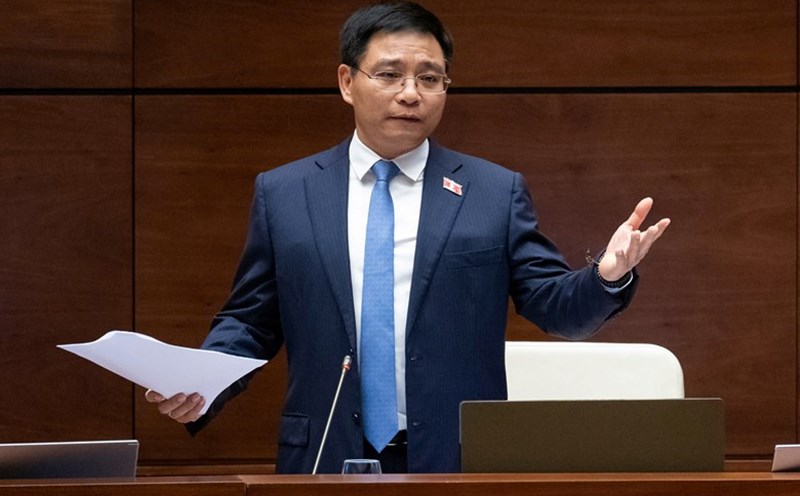This issue has been raised for many years but has not been able to be implemented substantially for many reasons, including the budget for salaries and benefits, the appointment and supervision mechanism, and the notion of "bureaucratization" of the leadership team of state-owned enterprises (SOEs).
Now, this policy is once again affirmed by the Government through Resolution No. 01/NQ-CP on implementing the Socio-Economic Development Plan and State Budget Estimate for 2025.
Hiring foreign CEOs is considered a breakthrough solution, demonstrating the determination to find high-quality human resources to innovate the operations of state-owned enterprises, which are considered the "backbone" of the economy.
Furthermore, when the domestic economy and international context are fiercely competitive, innovation in human resources work is an urgent requirement that cannot be delayed.
Many opinions expect that if the above policy is implemented systematically, it will be a boost to overcome the shortcomings in the management of state-owned enterprises. Hiring foreign CEOs helps to take advantage of experience in financial management, human resources and global business strategy, thereby improving the competitiveness of state-owned enterprises.
This is also an opportunity for state-owned enterprises to access modern management processes, standardize operating methods, and minimize old thinking that has revealed limitations.
However, there are also concerns that inviting foreign CEOs cannot solve all problems.
Firstly, cultural barriers, especially the way SOEs operate in conjunction with the state management model and social responsibilities, can make it difficult for foreign CEOs to adapt, if they are not prepared for the working environment, customs and Vietnamese management culture.
Next, SOEs are often subject to close supervision from many agencies regarding production and business efficiency, preservation and development of state capital.
Therefore, the compensation and responsibility mechanism for outsourced CEOs needs to be designed in detail and transparently: From criteria for evaluating work performance, legal basis for handling when results are not as expected, to the level of treatment to attract talent.
Next is the issue of foreign CEO authority. If the CEO plays only a ceremonial role or does not have full authority to approve important business strategies, the effectiveness of innovation will be limited.
The policy of considering piloting the hiring of foreign executives and business leaders who are not party members shows the Government's determination to reform and efforts to tap resources from international management teams.
The remaining problem is to realize this policy, ensuring both promoting internal strength and harmonizing the specific factors of SOEs and modern governance standards in the world.
Because only with a suitable implementation mechanism can this breakthrough solution truly be effective, contributing to the transformation of SOEs and contributing more to the economy.












